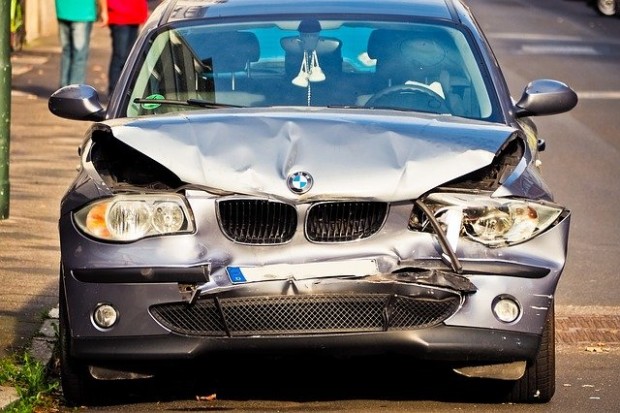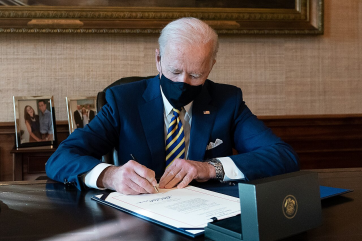Photo : Understanding Auto Insurance
Whenever someone brings up the subject of auto insurance, many drivers are likely to scoff at it. After all, they've been driving for years and never made a claim.
You may feel that the premiums you pay every year are a waste of money since you get nothing in return. However, it's for your financial protection as there are over 30,000 deaths and almost 1.8 million injuries resulting from about 5 million car crashes every year.
All drivers must understand the importance of vehicle insurance to ensure they're adequately covered in the event misfortune happens.
Here's what you need to know.
The Contract
Auto insurance is a contract between the insurance company and you. The insurer agrees to compensate or reimburse you for losses you incur in an accident or theft. You pay a premium for that promise.
You can find all the terms and conditions on your policy.
How to Buy Coverage
The standard practice is to consult an agent or auto insurance broker. There are slight differences between the two intermediaries, but they both represent insurers.
It's in your interest to choose someone who's experienced so you'll get the best advice and service.
Mandated Cover
Most states require car owners to have basic personal auto insurance. The coverage these policies provide includes:
-
Property damage - if your car wrecks another vehicle or property, your insurer will reimburse the owner for their loss.
-
Bodily injury - your policy pays the costs related to death or injuries that your automobile causes regardless of who's behind the wheel.
Additional Protection
It's critical to note that these mandated coverages don't compensate you for damages to your car. So, you must consider purchasing the following options:
-
Collision - you'll receive reimbursement for the cost of damage to your car if you collide with another vehicle or object, such as a tree, and you're at fault.
-
Comprehensive - this is protection against theft and damage by hazards other than collisions. Such mishaps include fire, flood, falling rocks or trees, and vandalism.
-
Glass Coverage - provides cover from typical damage to windshields and can include side and rear windows and glass sunroofs.
With regards to the cost of replacing the breakables, not all policies offer the same payout. It's best to clarify with your insurance company, so you know if you're going to pay a portion of the expenses.
Other State Requirements
Besides the above state-mandated coverage, in some states, your policy might also have to include cover for:
-
Medical payments or personal injury protection - if you incur medical expenses for your injuries or that of your passengers, you'll receive a reimbursement. Your policy will also cover lost wages and other costs resulting from the accident.
-
Uninsured motorist coverage - if a driver who doesn't have auto insurance causes an accident or a hit-and-run incident, you'll recover the cost of the damage.
These coverages offer you more protection, so you should get them even if they're optional in your state.
Gap Insurance
A key point about collision and comprehensive protection is that they only cover your automobile's market value. This amount may be significantly lower than what you paid for your vehicle.
As new cars' value depreciates fast, there'll be a difference between your outstanding debt and your policy amount. You can make up for this shortfall by buying gap insurance.
Cost Versus Benefits
You'll probably spend a lot of money to get all the coverage you need. However, if you weigh the cost against the benefits your policy provides, you'll see that it's worth it. You'll also have peace of mind, knowing you have protection against financial loss.
* This is a contributed article and this content does not necessarily represent the views of universityherald.com









